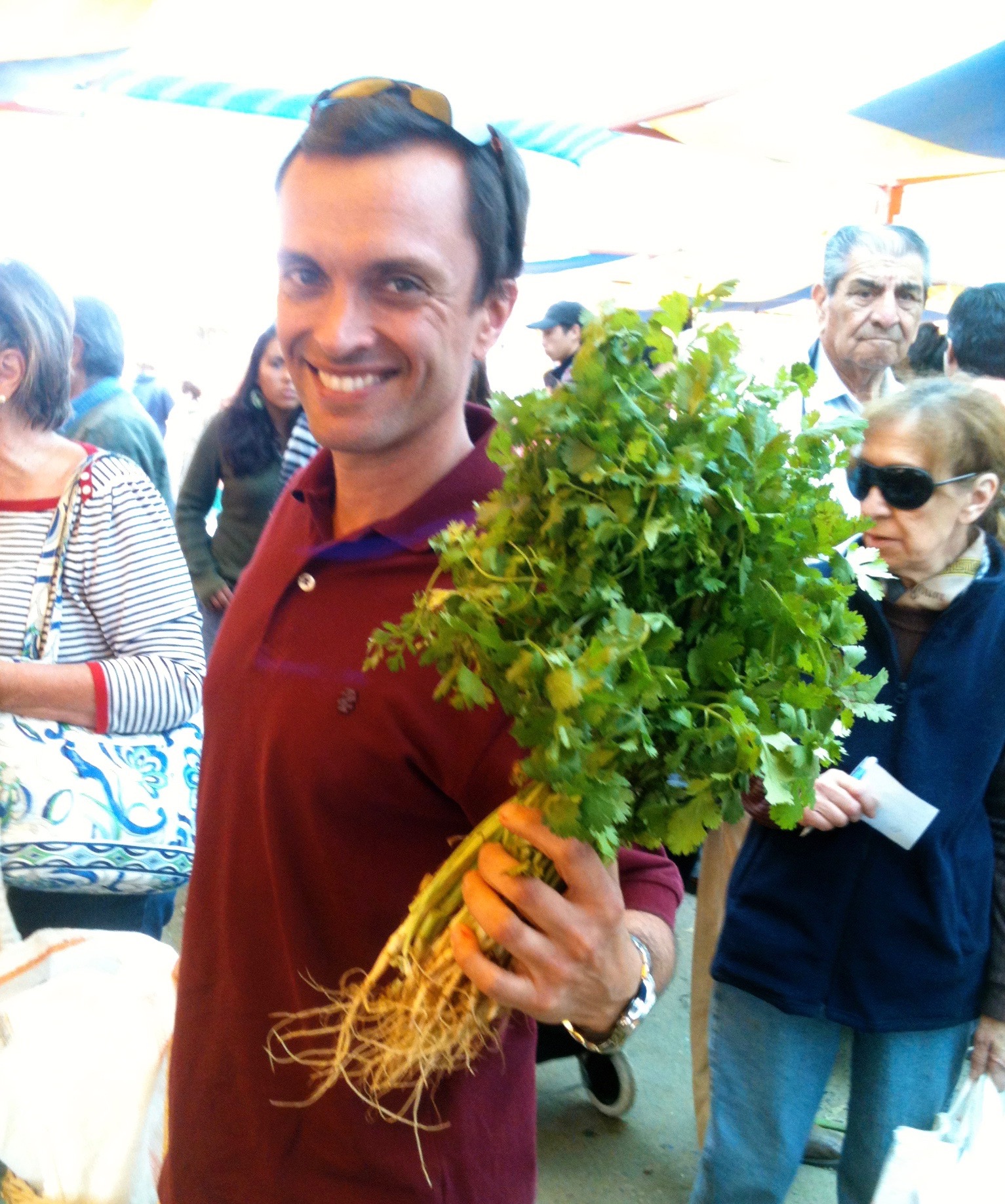The Six Principles of Naturopathy Part 1 – First Do No Harm

Natural health practitioners trained in naturopathy (be it a traditional naturopath or a medical doctor specializing in naturopathy) are universally guided by six fundamental healing principles, which we are exploring in-depth in this 6 part article. We will focus on one of the principles each day.
First, what are the Six Principles of Naturopathy?
First Do No Harm
Utilize the most natural, least invasive and least toxic therapies.
Identify and Treat the Causes
Look beyond the symptoms to the underlying cause.
Treat the Whole Person
View the body as an integrated whole in all its physical and spiritual
dimensions.
Doctor as Teacher
Educate patients in the steps to achieving and maintaining health.
The Healing Power of Nature
Trust in the body’s inherent wisdom to heal itself.
Prevention
Focus on overall health, wellness and disease prevention.
First Do No Harm
By utilizing the most natural, least invasive and least toxic therapies we minimize the risk of harmful side effects
In other words, when we are working with the body and optimizing the environment and conditions that support healing, by definition this is non-invasive.
Therefore, since we are not working to manipulate the body in an unnatural way, there is minimal risk of side effects.. This is how much of pharmacology works―by manipulating our biochemistry in opposition of what it is doing as a whole organism.
For example, in high blood pressure there is a root cause (which, by the way, is never a blood pressure medication deficiency!). And the cause(s) behind it are working to create the high blood pressure.
Utilize the most natural, least invasive and least toxic therapies.
Oftentimes, a simple imbalance minerals present in one’s diet can cause this such as: too little potassium in relation to sodium, the diet being too rich in processed foods, and a lack of whole fruit and vegetables.
Blood pressure medicine works to manipulate the proper signals from the body caused by the dietary imbalance, which creates the unnaturally high blood.
So yes, your body can create unnatural situations, like high blood pressure, but it’s always an intelligent response to an aggravating root cause.
Of course, high blood pressure is a risk for other major problems like stroke, but the point is that the problem that caused the blood pressure to rise is still there even if you’re taking medication. And it will still be negatively affecting the body , so you don’t want to get a false sense of security from this.
Think of high blood pressure like a warning sign on the dashboard of your car. If that happens, you’d be wise to take that car to your trusted mechanic to see what’s going on, instead of just covering up the light because it’s bothering you.
Despite what we’ve been led to believe, your body always has your best interests at heart, we’ve just forgotten how to tune in to its signals and clues.
So many of the warning signs the body gives us are caused by dietary imbalances―and this should always be among the first places to look.
A qualified dietitian nutritionist can be a great asset in helping you to regain that balance.
To recap: When we are not doing any harm, we are first and foremost respecting the natural balance of things.
We are also always doing risk assessments, monitoring, and evaluating our interventions to ensure what we’ve suggested is being well tolerated.
For example, so many people today have food sensitivities, therefore a “regular healthy diet” will not always be tolerated.
Oftentimes, a simple imbalance minerals present in one’s diet can cause this such as: too little potassium in relation to sodium, the diet being too rich in processed foods, and a lack of whole fruit and vegetables.
Modified diets are almost the norm in every complex health problem, and a qualified dietitian nutritionist can help you arrive at a balanced diet that is right for you.
So, first doing no harm―it’s pretty much a standard when we are using lifestyle therapies as lifestyle therapies are non-invasive.

